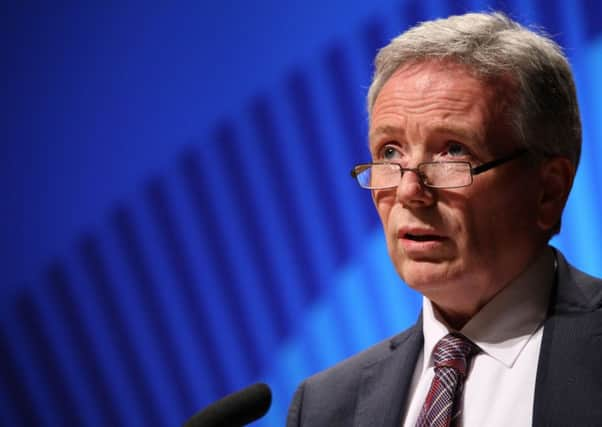Executive sleep-walking towards primary care crisis, say doctors


Three-quarters of general practices are struggling due to longer patient lists, staffing gaps and growing bureaucracy, according to the British Medical Association (BMA).
The lobby organisation for the profession in Northern Ireland urged members of the public to sign a petition calling on ministers to take action.
Advertisement
Hide AdAdvertisement
Hide AdDr Tom Black said: “General practice is one of the key bedrocks of every community in Northern Ireland and is the first point of contact for 90% of health and social care-related needs here.
“Yet the Northern Ireland government is sleep-walking towards a crisis in primary care, as our report clearly illustrates,”
The petition will be available to sign in GP surgeries across the country.
It asks Health Minister Michelle O’Neill to: invest 10% of the healthcare budget on a safe and sustainable GP service; train more GPs to ensure practices remain open; and reduce paperwork and improve IT systems so more time can be spent caring for patients.
Advertisement
Hide AdAdvertisement
Hide AdIt said there should be immediate resources devoted to funding an expanded and comprehensive primary care team to reduce and relieve GPs’ workload - including mental health practitioners, health visitors, advance nurse practitioners, physiotherapists and physician associates.
Medics also called for increased opportunities for patients to directly access services such as specialist nurses or physiotherapists to reduce the number of cases where the GP is the first point of contact.
The petition will be presented to the Northern Ireland Assembly once it reconvenes in September after the summer recess.
Dr Black added: “The majority of rural practices in Northern Ireland are at serious risk of closure due to workforce and workload issues.
Advertisement
Hide AdAdvertisement
Hide Ad“The situation is particularly bad for smaller, single-handed and rural practices that have fewer GPs working in them and who are struggling to fill vacancies.”